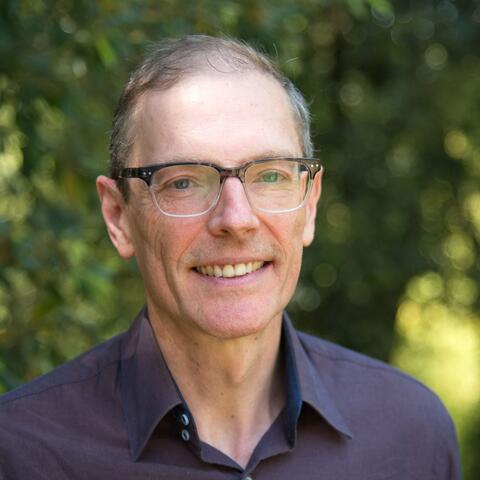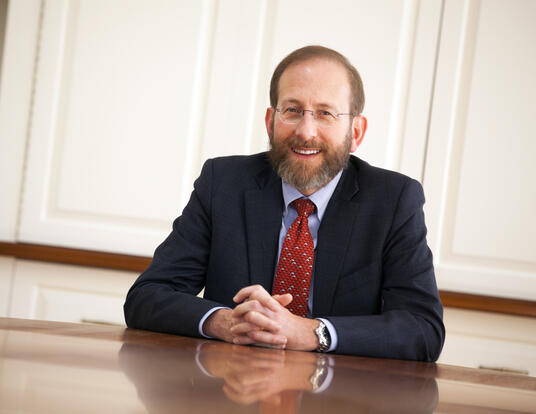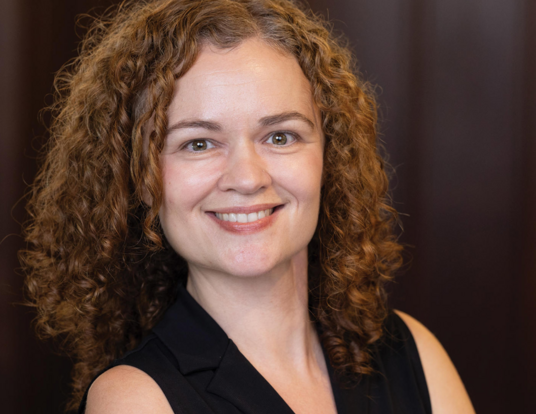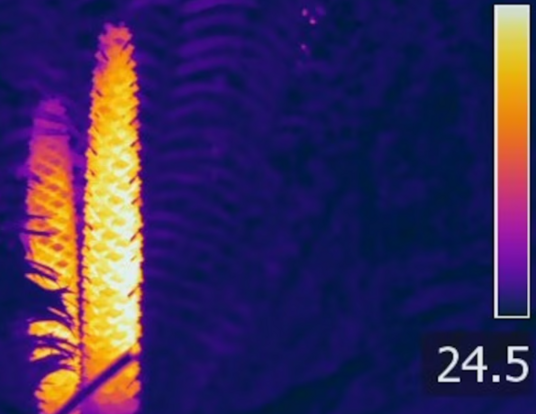2020 Centennial Medalists
On May 27, 2020, the Graduate School of Arts and Sciences (GSAS) awarded the Centennial Medal to four distinguished alumni who have made fundamental and lasting contributions to knowledge, to their disciplines, to their colleagues, and to society.
The Centennial Medal was first awarded in 1989 on the 100th anniversary of the School’s founding. It is the highest honor that GSAS bestows.
The 2020 Centennial Medal recipients are:
Stephen Cook, PhD ’66, Mathematics
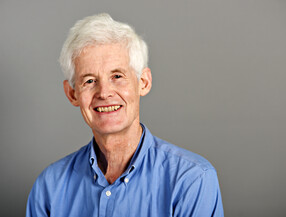
From the algorithms that we use to optimize manufacturing to the cryptography that keeps our personal data secure, computational complexity plays an essential role in modern life. But how can we determine which complex problems are easy for computers to solve, and which are difficult or even impossible? Stephen Cook is the foundational thinker behind this field-defining question. His discovery in 1971 of the NP-completeness phenomenon, which provides a way of distinguishing which tasks are easy to compute and which are impossibly difficult, has been described as the most significant development in the theory of computing since the work of Alan Turing.
“Steve is universally admired and respected in the field, in part because he marries his brilliance with humility,” says Harry Lewis, Gordon McKay Professor of Computer Science. He adds, “It is characteristic of Steve not to choose easy problems to work on. He picks the hardest problems there are and doesn’t give up on them. In his first paper on NP-completeness, he dryly observes that it is worth spending some effort on this problem. He is still at it!”
Albert Fishlow, PhD ’63, Economics
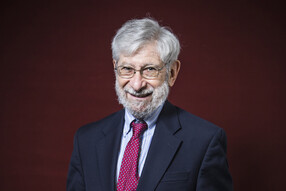
Albert Fishlow has been improving our understanding of the economic history and development of Brazil and Latin America for six decades—and counting. He is professor emeritus at two institutions: the University of California, Berkeley, where he served as dean of international and area studies and spent 22 years as a member of the faculty, and Columbia University, where he was director of the Institute of Latin American Studies and the Center for the Study of Brazil until his retirement in 2007. In 1999, the Republic of Brazil awarded him the National Order of the Southern Cross, the country’s highest honor. Throughout the Americas, Fishlow is renowned for his exemplary scholarship, leadership, and mentorship of generations of Brazilian and American students.
One of Fishlow’s most distinguished students was Pedro Malan, an economist who served as Brazil’s Minister of Finance. “His former students, most of them turned friends—a remarkable human quality of Professor Fishlow’s—have through their own teaching and research helped to improve the quality of public policy debate in many fields in which he has labored,” says Malan. “Brazil as a country, and Latin America as a region, owes much to him.”
Margaret Kivelson ’50, PhD ’57, Physics
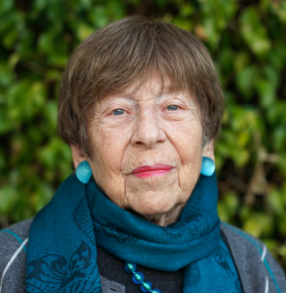
When NASA’s Galileo spacecraft reached Jupiter in 1995, Margaret Kivelson was on the brink of a revolutionary discovery: Earth is not the only ocean world in our solar system. By studying magnetic field data, Kivelson demonstrated that Europa, an icy moon, conducts electrical currents induced by Jupiter’s magnetosphere—a surprising phenomenon that could only be explained by the presence of an unexpected ocean beneath the moon’s frozen surface. Through this discovery and a host of others, over decades of groundbreaking work with NASA and the European Space Agency (ESA), Kivelson has changed the way we think about the outer reaches of the solar system and the possibility of life beyond Earth.
Kivelson’s work in this area continues, more than 60 years after she earned her PhD: she is leading the magnetometer team on NASA’s upcoming Europa Clipper mission, which will investigate whether the moon could be hospitable to life, and participating in ESA’s Jupiter Icy Moon Explorer (JUICE) mission. “It’s unprecedented for somebody to be as active as Margy is at her stage of her career,” says Jeremy Bloxham, Mallinckrodt Professor of Geophysics. “What is particularly nice about her involvement with Clipper and JUICE is that it’s precisely because of her earlier work that we’ve come to realize just how interesting Jupiter’s moons actually are. It’s really quite remarkable: she is still as active as she has ever been.”
Helen Vendler, PhD ’60, English and American Literature
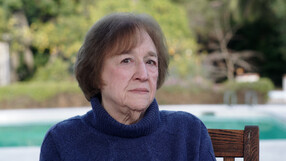
When the poet Wallace Stevens speaks of “The vital, the never-failing genius, / Fulfilling … meditations, great and small” in the final canto of “The Auroras of Autumn,” one could easily imagine that he is speaking of Helen Vendler. One of the world’s foremost experts on lyric poetry, Vendler is renowned for the rigor and perspicacity of her criticism, her insight into the intricacies of poetic imagination, emotion, and style, and her commitment to stewarding the aesthetic inheritance granted to us by the great poets. She lives and breathes poetry, and she has helped make poetry an essential part of life for countless students, scholars, and readers.
“Helen is our greatest living critic of poetry in English,” says James Engell, Gurney Professor of English Literature and Professor of Comparative Literature. “Her writing is acute, learned, accessible, and brilliant. She covers a tremendously wide swath of poetry from the earlier periods of English verse to yesterday and today. She is also a superb teacher who pays close attention to every line and every word that students write, offering constructive and detailed comments. Committed not only to enhancing her students’ understanding and appreciation of poetry, Helen helps them find their own voices on paper and in class. She is an inspiration to her students, a mentor to younger teachers, and the highest example for all colleagues.”
Get the Latest Updates
Join Our Newsletter
Subscribe to Colloquy Podcast
Simplecast


